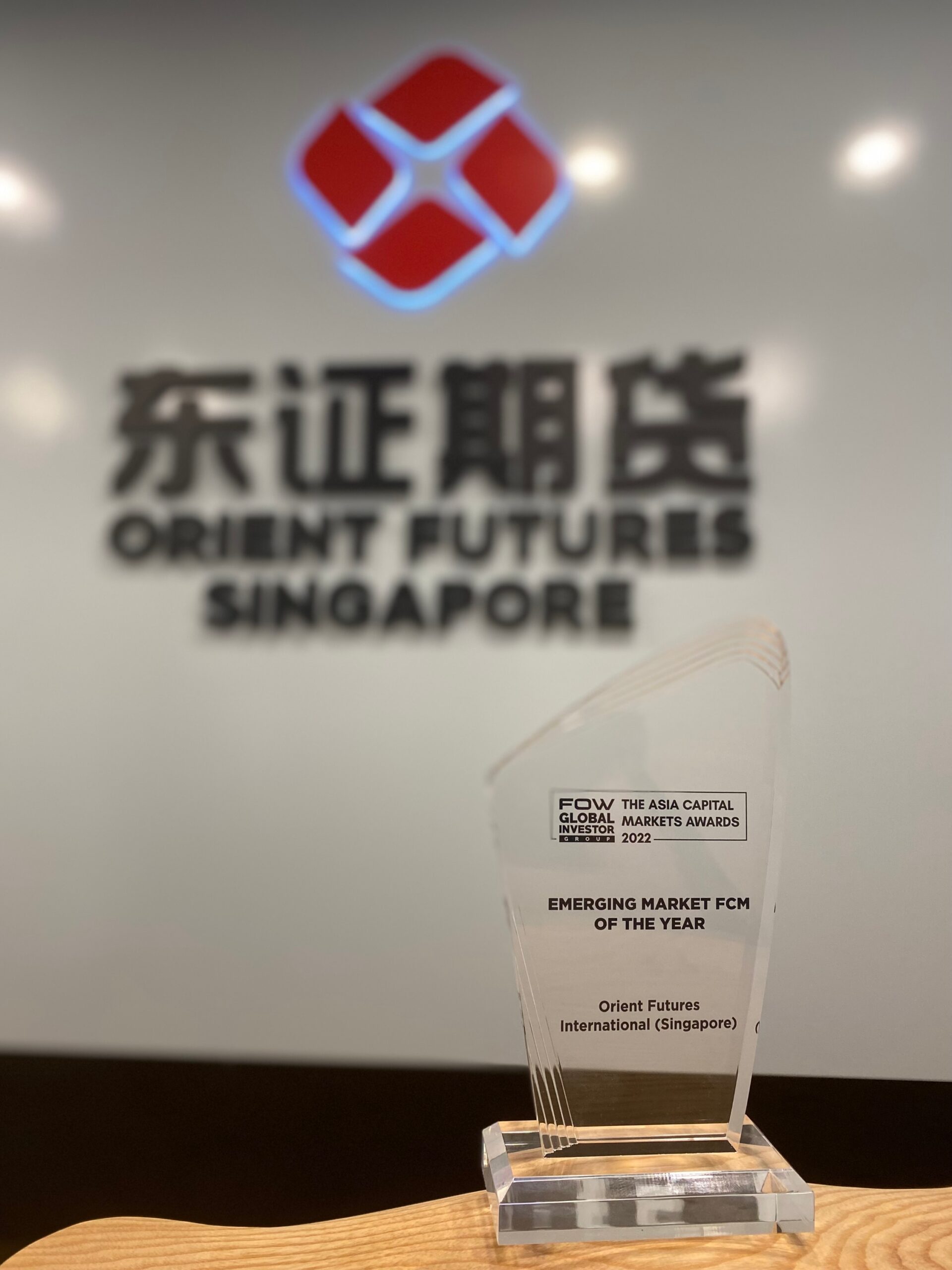Reporter: Wang Ning
Lu Dayin, secretary of the CPC party committee and chairman of the board of directors of Orient Futures, shared in a recent interview with Securities Daily that the current status of China’s futures market opening to the outside world can be summarised as follows: solid foundation, accelerated pace, and effective initial results.
Lu Dayin explained that a ‘solid foundation’ refers to the series of rules and regulations focusing on cross-border transactions that were introduced. In particular, the Futures and Derivatives Law introduced last year has been effective in strengthening cross-border supervision from a regulatory standpoint. Not only does it allow Chinese traders and international market participants to trade in the markets on either side, but this law also provides regulatory support for Chinese futures companies setting up subsidiaries overseas. As such, the laws and regulations help to promote cross-border business development and facilitate internationalisation.
Next, ‘accelerated pace’ refers to the continuous exploration of internationalised products for trading. For example, since 2018, China’s futures market has successfully garnered international investors with 23 futures and options products. Currently, Orient Futures provides a full range of internationalised products to its overseas clients. Similarly, other futures companies have also begun to rapidly expand their business overseas.
Lastly, ‘effective initial results’ refer to the positive results achieved, for example, the prices of important products such as copper and PTA becoming the global benchmark for spot trading. This is a testament to the growing influence of the prices of Chinese products.

When it comes to Chinese companies venturing out of China, the efforts of Chinese futures companies have started to bear fruit. Lu Dayin revealed that it is imperative for futures companies to expand overseas, but finding the right positioning and sustaining development remains an arduous process. Taking Orient Futures Singapore as an example, the company positions itself to ‘Hard Sell China, Cross Sell Global”. Constrained by China’s laws and regulations, it is challenging for Orient Futures Singapore to expand its business as it is unable to leverage the Chinese client base of its parent company. Hence, it is important to take advantage of Singapore’s position as a financial hub to continually expand its international presence and build up its customer base. The launch of the Futures and Derivatives Law opened up new opportunities for foreign subsidiaries of Chinese companies and broke the shackles of domestic and international marketing. This maximises the potential of foreign subsidiaries of Chinese futures companies, acting as a bridge for bringing clients both in and out of China.
In terms of attracting foreign investors to trade in the China market, Lu Dayin noted that there are currently three observations. First, the types of overseas traders are gradually becoming more diverse. From the initial industry participants to hedge funds and asset management companies, this has led to a steady increase in the overall trading volume. Second, there are now more ways for overseas investors to enter the China market. They can now access the Chinese domestic market through the QFI Scheme, internationalised products, or WFOE PFM. Third, a wider range of investors can now participate in the Chinese market. With the lowering of QFI investor application threshold, there is an increase in the number of hedge funds and proprietary trading firms being approved and accepted into the QFI Scheme and they have been actively participating in China’s derivatives market.
At the same time, there are plans lined up to further attract overseas investors to enter the China market. These include the listing of new internationalised products, the push for more product variety to attract overseas traders, the raising of the international pricing power for Chinese commodities, continuous improvements in the QFII Scheme’s tax arrangements for futures and derivatives trading, as well as the launch of more reward mechanisms by various Chinese exchanges to encourage overseas investors to participate in trading.
Regarding the company’s strategy and future direction, Lu Dayin said the future development focus of Orient Futures Singapore remains in the overseas market while continuing to leverage its financial technology competitiveness to create a differentiated positioning.
Source: Securities Daily Online, March 8th, 2023.
http://www.zqrb.cn/money/qihuo/2023-03-08/A1678271787987.html




